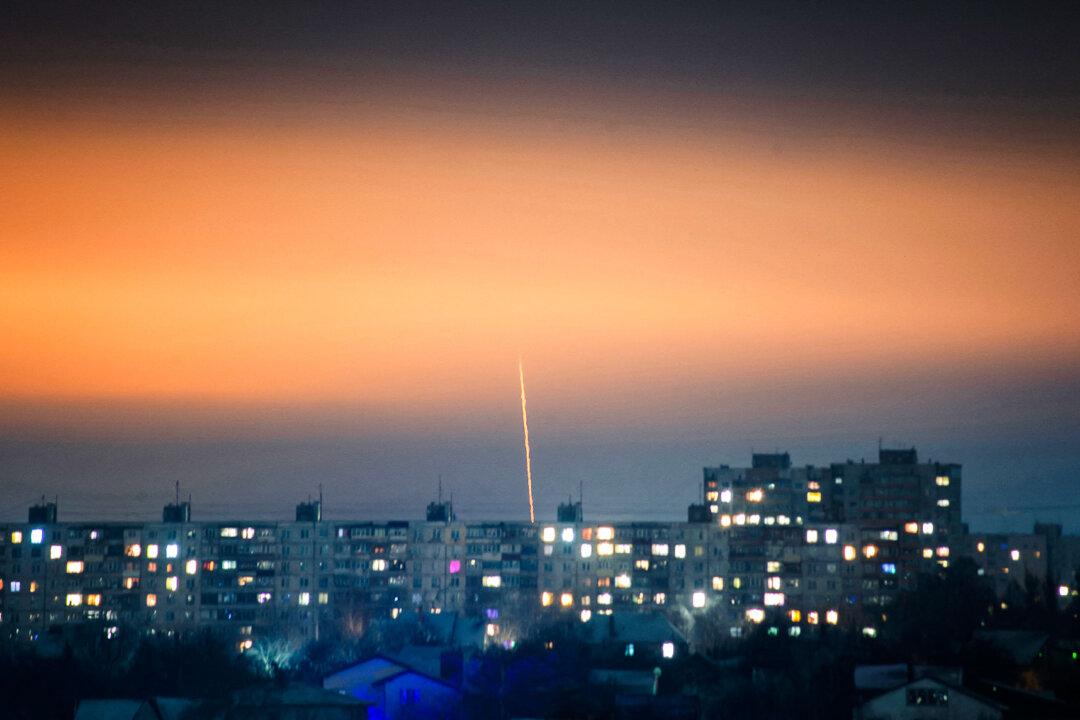Iran is transferring short-range ballistic missiles to Russia after training Moscow’s troops on the system’s use, according to White House National Security Council spokesperson John Kirby.
An indeterminate number of the Fath-360 missiles have already been transferred from Iran to Russia, Kirby told reporters during a press call on Sep. 10.




